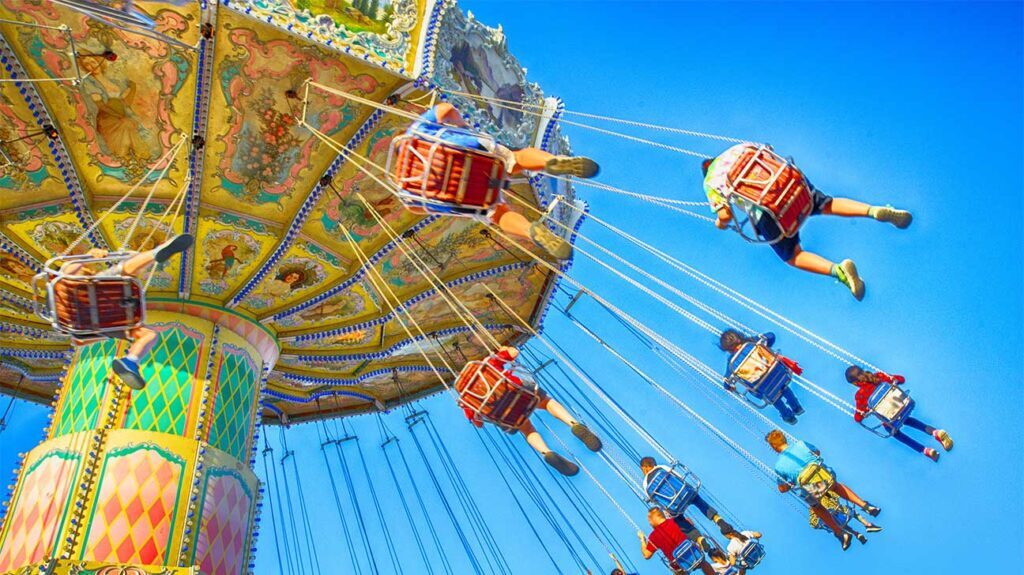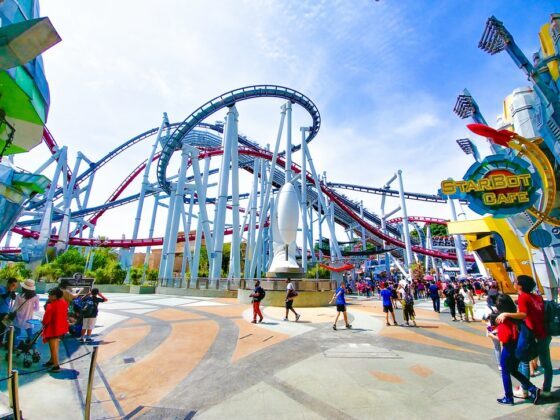

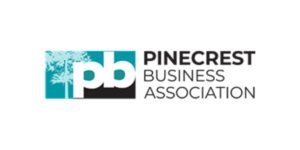
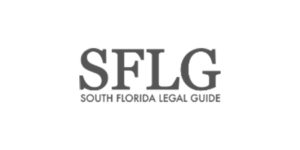
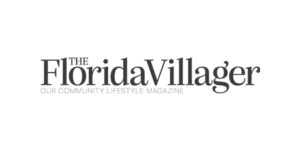




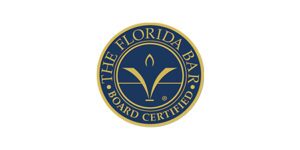
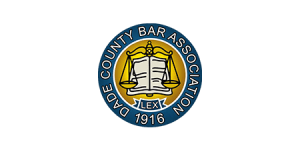
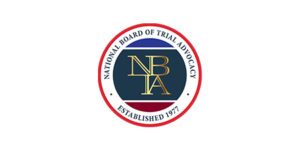
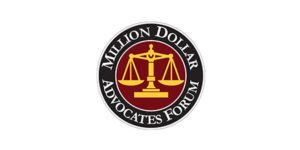

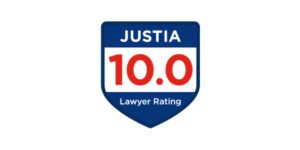
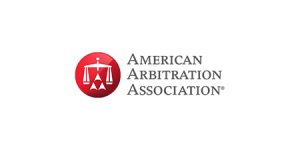
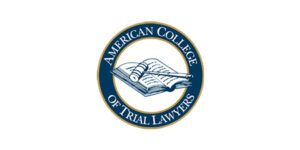
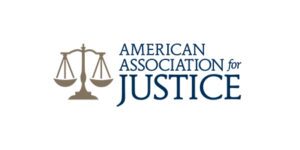
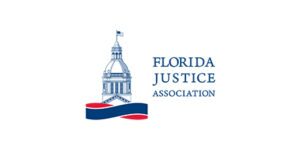











Amusement Park Accident Lawyer
Amusement parks are filled with thousands of visitors every year. Given the hefty traffic at theme parks, it is commonly assumed that there are strict standards of safety to ensure rides do not cause harm. Unfortunately that is a common misconception, as some states don’t even have safety regulations in place for amusement parks.
Experienced Civil Trial Attorneys Working For You
How Common are Amusement Park Accidents?
More than 30,000 people went to the emergency room in 2016 due to injuries caused by amusement park attractions. While equipment used at amusement parks and other venues are generally regarded as safe, some reports indicate that the least extreme rides, such as merry-go-rounds, cause the highest number of injuries.
Unfortunately that number includes a lot of children. According to a 2013 study from Nationwide Children’s Hospital, roughly 4,000 children are treated for amusement parks in emergency rooms. That is an average of 20 injuries every day of summer with the average victim being just eight years old.
How Likely is it to Die On a Roller Coaster?
A majority of the time, a death reported at a theme park involves a roller coaster. Roller coasters are thoroughly safety tested and insured heavily and while these events are exceptionally rare, they are not impossible.
There have only been a handful of deaths reported due to roller coasters in the last decade, however some headlines make people wonder about the safety of thrill rides that seem to become taller, faster and steeper each year.
Amusement Park Regulations
The Consumer Product Safety Commission used to be responsible for regulating portable rides such as those you might find at state and county fairs, but patchwork regulation replaced their federal oversight for fixed rides at theme parks.
There is currently no agency with jurisdiction over amusement park safety in Florida. The Department of Agriculture does regulate small amusement parks and carnivals, but Walt Disney World, Universal Studios, SeaWorld and Busch Gardens are exempt from complying with accident reports and being subjected to investigations.
Regulations or not, owners, manufacturers and operators of park attractions have a responsibility to ensure reasonably safe rides that do not harm patrons.
Assessing Liability in Amusement Park Injury Claims
Regardless of regulatory factors, any venue that invites the public to experience special attractions has a responsibility to maintain the proper safety of its grounds and equipment. There are two types of liability laws that cover such duties:
- Product liability is the legal acknowledgment that products or equipment are required to be reasonably safe and in good working order. Failure to maintain this safety at amusement parks may make the park or the manufacturer liable for any resulting complications.
- Premises liability requires public spaces to be reasonably safe and clearly label any potential hazards. Dangerous areas that are not designated with proper signs or barriers could cause injuries the park is at fault for.
Visitors may be responsible for their own injuries in some cases if they did not listen to a ride operator’s instructions, ignored posted safety hazards or acted in a reckless manner.
If amusement park owners, manufacturers or ride operators are found to be at fault for a patron’s injury, victims may be eligible to recover compensation for any pain, suffering, medical bills, lost wages and other damages.
Our Amusement Park Accident Case Results Speak for Themselves
Typical Amusement Park Injuries
The data examined by the Nationwide Children’s Hospital indicated head and neck injuries were the most common. Some injuries that people sustain at theme parks include:
- Neck sprain or strains
- Spinal injuries
- Traumatic brain injuries
- Broken bones
- Lacerations
- Whiplash
- Drowning
Dos and Don’ts After a Theme Park Injury
Theme parks tend to have hefty insurance coverage due to the risky nature of the industry. You should not be quick to accept insurance settlements before receiving the advice of a personal injury attorney. The park is likely looking for a quick settlement to avoid negative publicity and related expenses such as intangible costs may still end up putting you in debt.
If you sustain an injury on a ride as a result of poor park maintenance, make sure to:
- Immediately report the issue to the ride operator or park manager.
- Document your injury and the defective part of the ride with photos.
- Gather eyewitnesses who can validate what happened.
- Obtain detailed medical reports and bills with any expected needs of long-term care.
- Record time missed and wages lost at work.
- Consult an experienced amusement park accident attorney.
A theme park injury lawyer will look after your best interests in any insurance settlement negotiations or court appearances. If you or a loved one have been injured as a result of amusement park negligence, call the law firm of Panter, Panter & Sampedro to determine the best way to move forward with your case.


